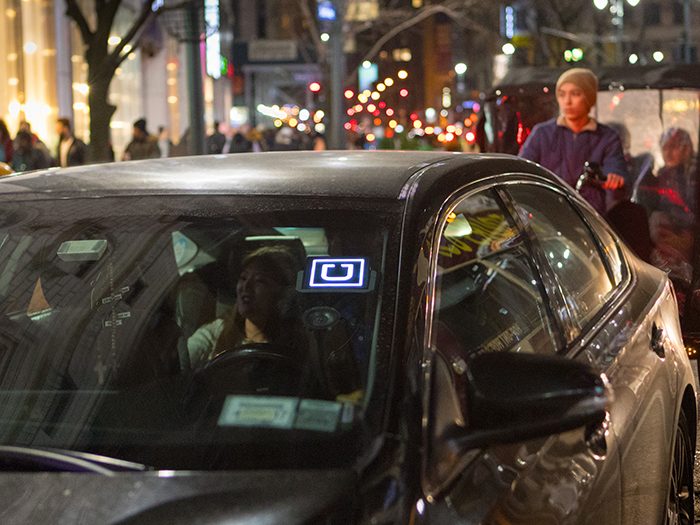Businesses are partnering with rideshare platforms to arrange transportation for customers and colleagues. But they be underestimating liability risks.

There’s no arguing with the advantages of rideshare over more traditional options like public transportation, taxis or contracted bus services. Convenient, clean and cost-effective, the Ubers and Lyfts of the world are the primary way many people get from A to B.
Businesses and organizations recognize that too, and are increasingly partnering with rideshare platforms to offer the transportation service to customers and colleagues. However, risk managers could be underestimating the additional liability exposures created by these partnerships.
Despite their benefits, on-demand ride hailing apps may not be the best fit for every purpose. At the very least, organizations should consider how partnering with a rideshare platform impacts their liability exposure.
Cyber and Privacy Liability
Integrating with a rideshare platform creates another point of entry into a company’s corporate network. This exposes confidential company data to theft and increases vulnerability to a malware attack.
In 2017, Uber launched a B2B platform — Uber for Business — designed to allow…